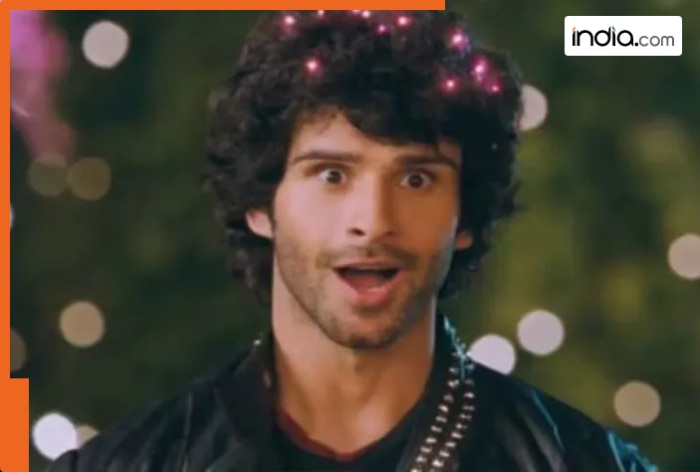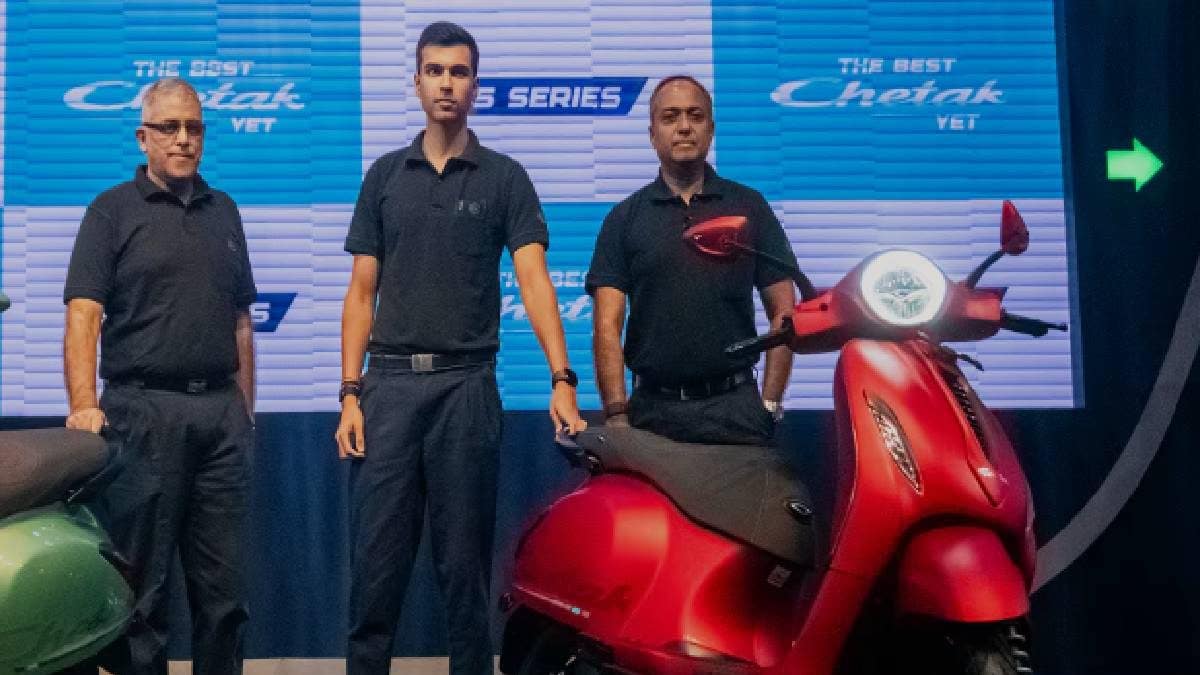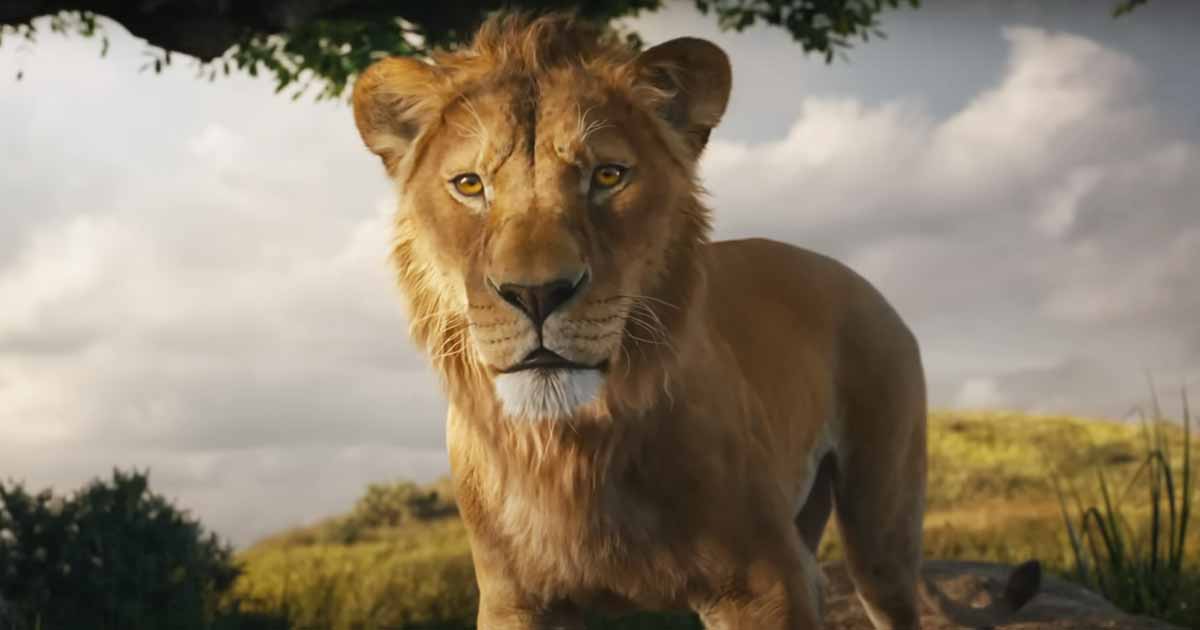In his filmmaking career, Alex Garland has terrified us with zombies, infectious alien hybrids, murderous men and A.I. run amuck. Civil War, the writer and director’s latest film, is not only his most ambitious entry but also his most plausible.
The press notes for Civil War describe the setting as “near-future America,” but it feels like it could be tomorrow.
This is not a struggle set in some far-flung country. It’s happening in America. In the parking lot of a blackened J.C. Penny. On the streets of the capital, which are riddled with bullets and barricades.
Garland sets the tone early as we meet Kirsten Dunst as Lee, a combat photographer surprised to be covering a war at home.
With Nick Offerman as the U.S. President in his third term, the country has disintegrated into factions — the Florida Alliance joining forces with the Western Alliance (Texas and California) all pushing toward the White House.
While the very idea of blue-state Californians and red-state Texans working together may seem like science fiction, Civil War imagines a scenario where a president refuses to leave office, presumably forcing the states to work past their political differences.
WATCH | The official trailer for Civil War:
War’s obscure origins
Squint and eagle eyes may catch a map, just a mere reflection from a TV, showing the states that seceded. The lack of clarity around the war’s origins is a feature, not a bug.
Garland is far less interested in some poli-sci thought experiment than he is in exploring what war feels like, sounds like. (See this one on the biggest loudest screen you can find.)
It’s those jarring images — the UN relief camp in the abandoned stadium and the thundering thrum of helicopters hovering over the capital — that give this near-future scenario a present-tense feeling.
Ask Garland how difficult it was to find these scenes of decay and dereliction and his answer is, “Not very hard at all.” The abandoned football stadium and the graffiti is still there. All they did was add the tents.
Speaking with CBC News, Garland says “The West can look so wealthy … but the wealth is concentrated.There are areas of really extreme poverty in America.”
In the gaps between the haves and the have-nots, polarization flourishes. Civil War explores what happens when the common fabric that unites a country shreds.
A road trip with reporters
Garland’s father was a political cartoonist and he grew up with journalists and foreign correspondents as close friends of his family. So for the director, journalism is the inoculation against creeping disintegration.
No surprise then that what propels the story forward is Lee and the group of reporters she joins up with. Wagner Moura (whom you may recognize from Narcos) is excellent as the seemingly gung-ho print journalist Joel.
He and Lee are planning a sprint to Washington to interview the president before the White House falls.
Civil War rounds out the troupe with Cailee Spaeny as Jessie, an aspiring photographer who weasels her way onto the trip, and Stephen McKinley Henderson as Sammy, an older scribe who works for “What’s left of the New York Times.”
WATCH | A clip from Civil War:
While the trope of saddling Lee with the wide-eyed Jessie is familiar, the contrast between the two underscores how totally Dunst becomes her character.
I wonder if the British filmmaker appreciates the power of seeing Dunst, the bright face so many grew up watching in Bring It On and Spider-Man, now carrying this tangible world-weariness.
Dunst replicates the same stare you see on soldiers or first responders. When there’s an explosion, she runs toward the carnage. What does that do to a person? Dunst shows us.
This ain’t no party
The fact that Civil War essentially functions as a reporter-led road movie may surprise those expecting Roland Emmerich-style widescreen carnage. But what makes Civil War so powerful is that it is the opposite — a visceral, intimate look at, to quote the Talking Heads, Life During Wartime.
One of Garland’s most effective techniques is contrasting moments of beauty with bedlam.
After a long day on the road, the journalists unwind camped out around their van watching bullet tracers light up the night sky.
Garland shatters the reverie with a hard cut, throwing us into a firefight, Lee’s lens a few feet away from soldiers returning fire.

A post-modern playlist
To further complement the chaos, Civil War adds a couple choice needle drops.
Gone are the golden oldies of Apocalypse Now and Good Morning Vietnam, replaced by incongruous but undeniably funky hip-hop jams and skittery post-punk melodies. The sonic injections accentuate the absurdity, underlining the way the shell-shocked reporters attempt to compartmentalize what they’ve witnessed.
At the outset, the four reporters neatly fit into archetypes. Lee, the world-weary vet. Joel, the adrenaline junkie. Sammy, the cautious elder, and Jessie, the young hero-worshipper.
While there are moments that push the limits of belief (Jessie brings chemicals to hand develop her photos on the road), as the group approaches their objective, the hardened shell the reporters use to shield themselves begins to crack and the distinctions fall away.
Alex Garland tells CBC’s Eli Glasner how Jesse Plemons came to star in his new dystopian epic Civil War.
For much of the film Garland is navigating a tripwire, trying to make a movie about war without glamourizing it.
“Film always wants to seduce,” said Garland, speaking with CBC News. “It’s very powerful, so you guard against it.”
The result is a film not so much about war, but the effect of it.
Civil War captures a very 21st century feeling of helplessness. War isn’t hell, it just is. The reasons, the cause, it’s all irrelevant — this is just another thing to endure.
At one point the reporters encounter two soldiers in a shoot out with a sniper. When Joel tries to find out who they’re fighting, the weary soldier replies, “Someone’s trying to kill us. We are trying to kill them.”









